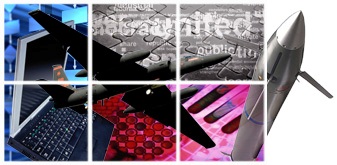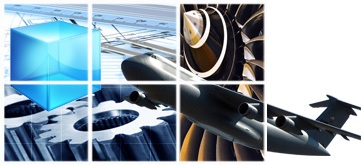An important component in the design of new software systems, both with respect to schedule and cost, is the possible reuse of existing systems and knowledge sources in the new design. In other words, how can the redesign of a system’s ontology—the unique interrelations among the system’s components and entities—most effectively utilize existing systems and sources in meeting the needs that drive the new design? KBSI, leveraging their experience in knowledge based applications, tackled these challenges in a U.S. Navy sponsored project that is seeking automated methods and technologies for rapidly and cost effectively analyzing, redesigning, and re-engineering complex systems.
Toolkit for Agent-based Knowledge Extraction (TAKE™)
KBSI used a hybrid approach combining ontology engineering methods with cutting-edge knowledge discovery techniques to extract, analyze, and map ontologies from knowledge and data sources. The TAKE™ technology helps users to rapidly and cost effectively analyze, redesign, integrate and/or re-engineer their enterprise systems.
In the early phase of the initiative, KBSI established a novel TAKE™ ontology reuse and application method, designed innovative ontology analysis and ontology extraction algorithms, and designed the TAKE™ architecture. These innovations include the novel application of information fusion techniques for aggregated ontology similarity assessment and mapping the application of advanced knowledge discovery techniques for automated ontology extraction and mapping from multi-source text data. A demonstration of a prototype TAKE™ software tool was also demonstrated on a focused, high payoff Navy transition application scenario. The TAKE™ technology provides innovative solutions that address the problems associated with rapidly designing, developing, and deploying large scale knowledge based applications. KBSI’s overall approach in the initiative conceptualized and validated a framework and a methodology for sustainable knowledge management that encompasses the entire knowledge life cycle: capture/discovery, representation, analysis, validation, storage, retrieval, (in-context) delivery, and evolution over extended periods of time.


